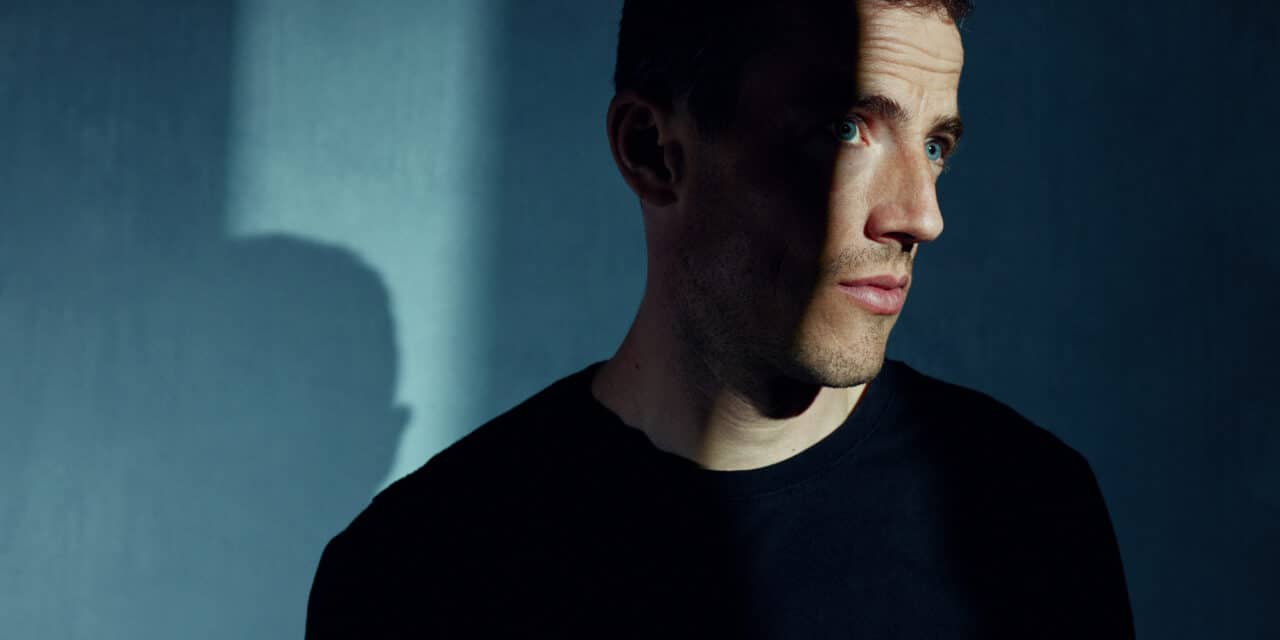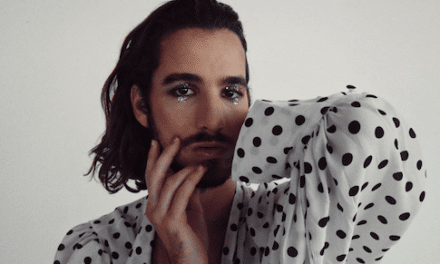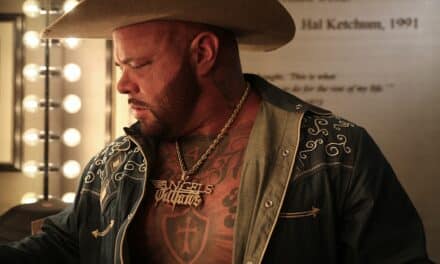Photo Credit: Maximilian Koenig
Charlie Cunningham has always written from the liminal space between discipline and dream. The Bedfordshire-born, Oxford-based artist is no stranger to reinvention, but his latest release, In Light (2025), feels less like a reinvention and more like a crystallization. After years of tracing the fault lines between classical Spanish guitar, indie rock atmospherics, and his own spectral folk voice, Cunningham has arrived at an album that glows with clarity yet lingers in mystery.
Cunningham’s story is as much about geography as it is about genre. Raised on the roar of hardcore bands and the expansive landscapes of Sigur Rós and Mogwai, he once seemed destined for noise. Yet a chance encounter with Spanish classical guitar derailed him from convention: he sold his Fender Telecaster, bought a one-way ticket to Seville, and surrendered himself to flamenco for two years. That detour transformed him. Flamenco wasn’t just a style — it was discipline, rigor, a language of emotional extremes. It instilled in him a new way of listening to silence, to tension, to release.
By the time he returned to England, Cunningham’s music had become an alchemy of influences: the precision of flamenco, the austerity of folk, the expanse of post-rock. His early EPs — Outside Things (2014), Breather (2015), Heights (2016) — were minimalist sketches haunted by echo, introspection, and restraint. They set the stage for Lines (2017), his debut full-length, which earned him critical praise for its stark elegance. With Permanent Way (2019), Cunningham broadened his palette, weaving in more expansive textures without losing his contemplative core. And with Frame (2023), he sharpened his songwriting, proving his ability to balance intimacy with cinematic scope.
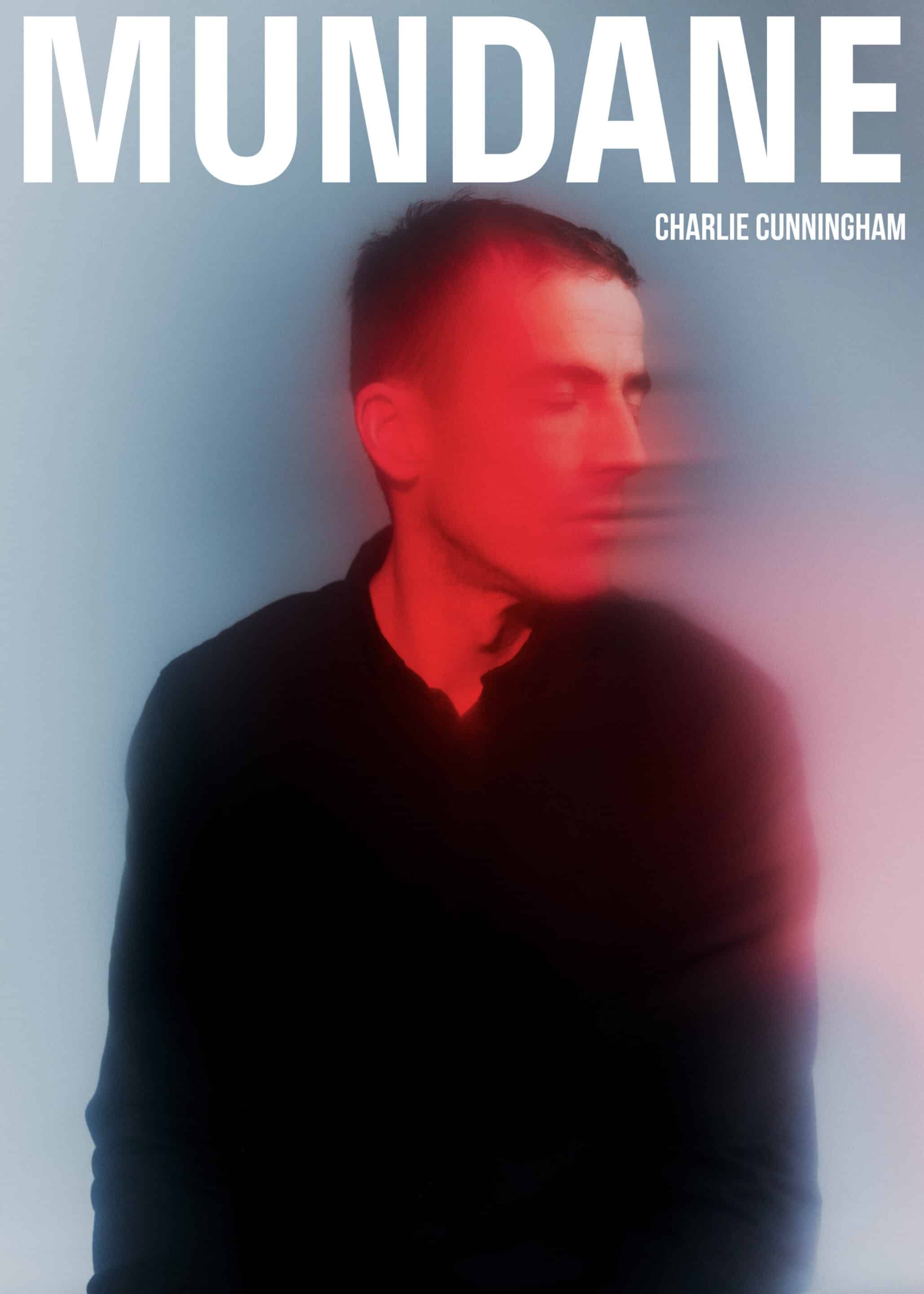
In Light, produced by Foals collaborator Luke Smith in North London, takes this evolution a step further. It’s an album steeped in atmosphere but sharpened by intent — less about ornament, more about essence. Cunningham’s voice carries a quiet urgency, threading through arrangements that are simultaneously weightless and deeply grounded. Songs like “Downpour” and “So It Seems” (first introduced on Frame) act as precursors, pointing to a world where introspection becomes expansive, where inner dialogue resonates outward like cathedral reverb.
What makes Cunningham’s music endure isn’t just technical mastery — though his classical guitar playing remains a signature — but his ability to translate solitude into sound. His songs don’t demand attention; they reward stillness. They remind us of the beauty in tension, the gravity of restraint, the warmth of space.
With In Light, Charlie Cunningham doesn’t just continue his journey — he refracts it, offering listeners a record that feels at once intimate and infinite. It’s the kind of album that asks you not to listen harder, but to listen deeper.
You sold your Telecaster to buy a train ticket to Seville — a heartbreak ballad of a sentence if we’ve ever heard one. Was it a moment of blind faith or quiet desperation?
It was just a necessity, I needed the money but also knew that I was going to do something guitar related made it feel ok. Hopefully it’s getting done good playing somewhere, wherever it is.
“In Light” feels like it carries the emotional weight of someone who’s spent years learning how to sit with silence. What did working with Luke Smith unlock in your songwriting this time around?
I’m definitely good at being on my own, the sitting in silence part I’m not as good at, I tend to fill the silences with playing music when I’m alone. But when I’m outside in nature, or do that in a very quiet way. It’s a good head clearer.
Luke was so great, all about getting to the real emotion in the most efficient way possible. An ethos of eliminating mental obstacles that can in the way of an authentic performance. It can be such an exposing, uncomfortable thing performing songs that you written. But Luke creates an environment where the songs have the best chance of coming through, for me anyway.
Your flamenco studies clearly shaped your playing, but did living in Spain shift how you see sound and stillness in songwriting? What does Spain still echo in you today?
Yeah those few years in Seville were really significant in lots of ways. Definitely it l transformed certain aspects of my guitar playing, and that had an effect on my songwriting. It gave me the means to create dynamics in my solo performances, and helped add shape and form to it all. The education in that music and the culture it exists in, was very special.
From hardcore bands to ambient folk with a flamenco twist — what emotional or creative itch does each genre scratch for you? Do you ever miss the volume?
Haha, i can still have volume in my headphones and be loud!
Everything has its place. With heavy music the emotions are more primal, type of things that I enjoy stirring up. That sense of angst and desperation that’s found in some darker, more challenging heavy music. I find that stuff to be really engaging and pretty necessary.
But yes to all types of music! To go with all our complicated and conflicting emotions. It’s what we need isn’t it?
“Frame” and “In Light” feel like late-night records — slow, atmospheric, and a bit haunted. What time of day are you usually writing in, and does that shape the sound?
The more creative stuff seems to be more readily available in the evening or first thing in the morning. The afternoon seems to be trickier. I do like playing late at night when things are very still.
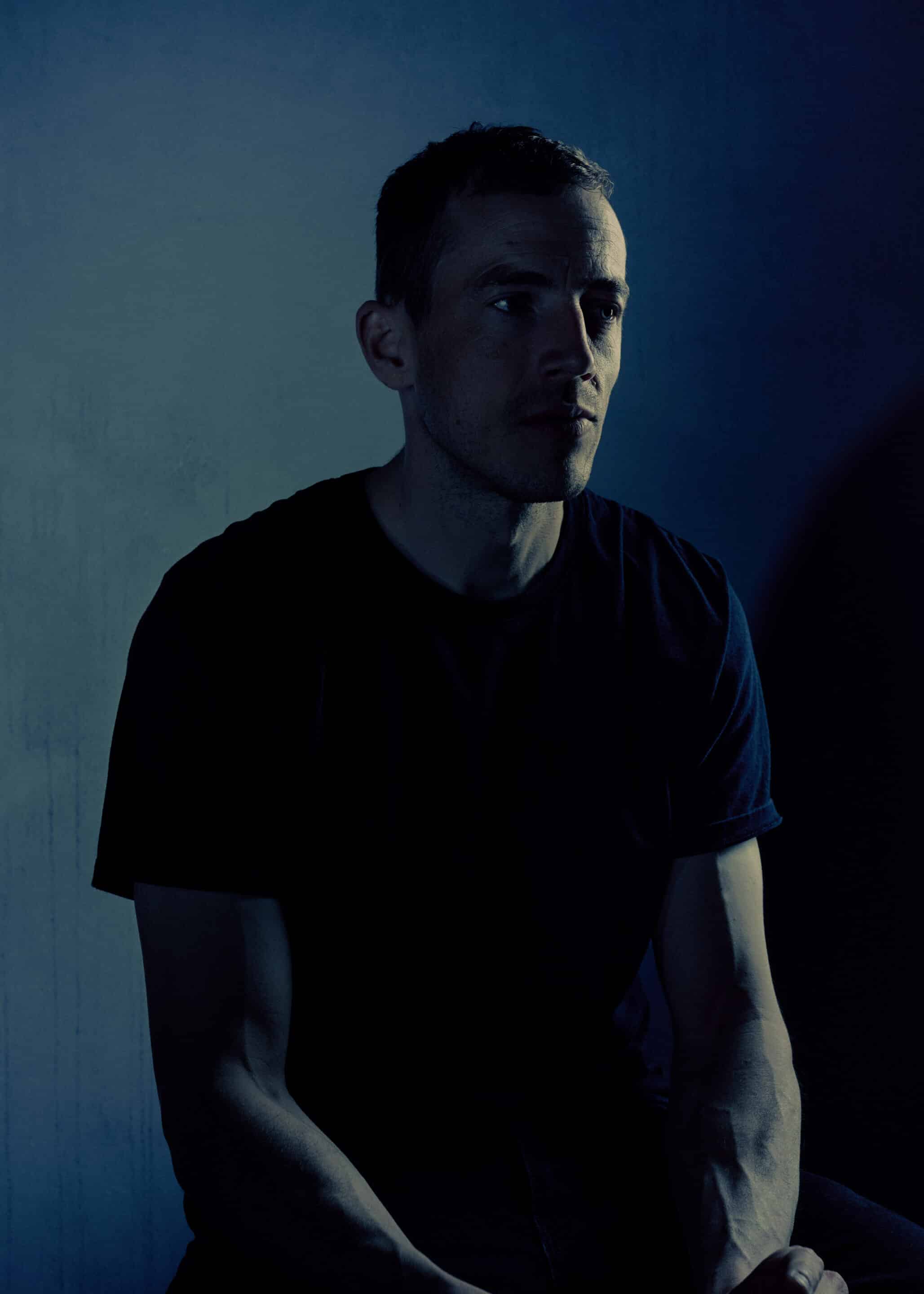
Your lyrics often feel like conversations half-had or thoughts just forming. Do you write with narrative intention, or do your songs arrive more like fragments of memory?
I would say more the later, it’s very much an evolving thing that starts with a few lines that are usually more sub conscious type things, I’ve learned to trust those early mumblings as little clues to the songs narrative or atmosphere, and then I try to piece it together from there. It can be a bit of a jigsaw process rather than a fixed intention.
There’s an elegant minimalism to your work that somehow feels massive. Do you have rules about how much is too much when arranging or producing a track?
Thank you very much for saying so. I definitely try and make sure to identify stuff that’s unnecessary, and am mindful of not getting in the way of the song. It’s good to feel free enough to try things, but also feel empowered to take them away if they’re not serving things.
You’ve toured alongside artists like Yann Tiersen, who also blend genre and emotion in unexpected ways. What did you take away from those nights on the road?
(Unfortunately I didn’t go in the end as I was sick!)
The intimacy of your sound feels almost anti-streaming — headphone music made for real attention. How do you think about your music living in the world now, where everything is fast and loud?
It’s tough to say, I feel like everything has its place. Though it’s getting anyone to hear it anoungst the noise is more tricky .
If you could write a song in conversation with one artist — living or dead — who would it be, and what would the vibe be like?
Im not sure what you mean by ‘in conversation’?! as a duet? Eva Cassidy? She just popped into my head! I think the vibe would be calm, and very nice. I’d just one to do distant backing vocals – ooos and aaaahs

